Jim Crow Museum
1010 Campus Drive
Big Rapids, MI 49307
[email protected]
(231) 591-5873

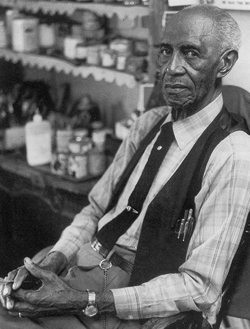
Achieving Despite ResistanceDuring the Jim Crow period, African Americans were confronted by institutional discrimination and acts of individual discrimination, and generally treated as second-class citizens. Nevertheless, black people made significant contributions that enriched the United States. The achievements of African Americans were realized in all areas; however, the Jim Crow Museum's collection highlights the achievement of African Americans as politicians, military heroes, thinkers, athletes, and musicians. |
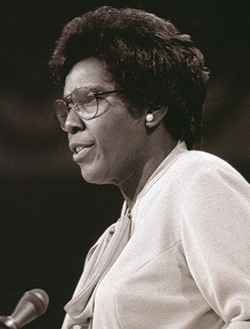
PoliticiansMuch of the fight against Jim Crow segregation occurred in the political arena, so it is not surprising that many talented African Americans went on to become important political leaders. |

Military HeroesThere has been no war fought by or within the United States in which African Americans did not participate, including the Revolutionary War, the War of 1812, the Mexican-American War, the Civil War, the Spanish American War, the World Wars, the Korean War, the Vietnam War, the Gulf War, and the wars in Afghanistan and Iraq, as well as other minor conflicts. |

ThinkersDuring slavery it was illegal for black people to learn to read and write; nevertheless, many black people found clandestine ways to gain literacy. Given the reality of slavery's "compulsory ignorance laws" and segregated, substandard schools during the Jim Crow period, it is remarkable that so many black people excelled as educators, writers, scientists, philosophers, and theologians. |
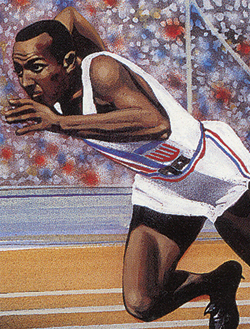
AthletesDuring the Jim Crow period, black people were barred from competing in professional and amateur sports against white people. In international arenas, such as the Olympics, where such racially discriminatory rules were not applied, African Americans excelled, often winning medals and setting world records. |
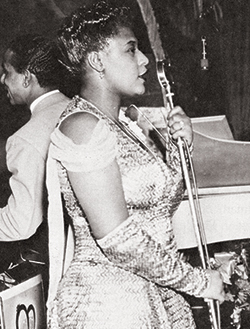
MusiciansMuch of the rich tapestry that is American music owes its origins to black musical creation and innovation. Imagine an America without so-called Negro Spirituals, gospel, ragtime, jazz, blues, funk, rhythm and blues, and hip hop. |

"SLP020201-2/2/65-SELMA, ALA: Dallas County Sheriff James Clark (left) waves a nightstick as he tells Negroes to leave the county courthouse 2/2. They told Clark they were seeking the voting registrar. Clark said the registrar's office was closed and that they would have to leave the building. He arrested more than a hundred Negroes on the street in front of the courthouse when they refused to leave after this incident. UPI TELEPHOTO"
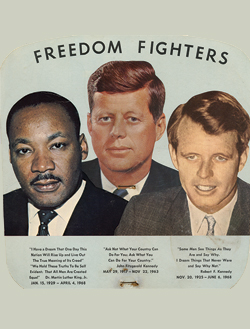
Civil Rights MovementThe Civil Rights Movement began as a grassroots effort and became a national movement to remove Jim Crow laws "and by extension, Jim Crow etiquette, norms, and imagery" from the United States. Although the movement is often linked to its leaders, for example, Dr. Martin Luther King, Jr., and Malcolm X, it was really a movement of "regular" black people who were tired of being denied basic human rights. |
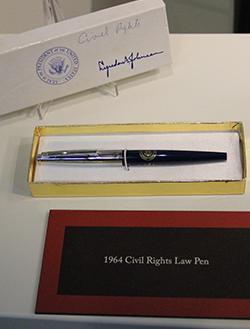
Civil Rights SuccessThe Civil Rights Movement was at its peak from 1955-1965. Congress passed the Civil Rights Act of 1964 and the Voting Rights Act of 1965, guaranteeing basic civil rights for all Americans, regardless of race. These victories came after nearly a decade of nonviolent protests and marches including the 1955-1956 Montgomery Bus Boycott, the student-led sit-ins of the 1960s, the massive March on Washington in 1963, and many other initiatives both large and small. |
|